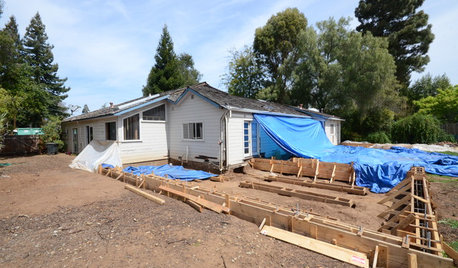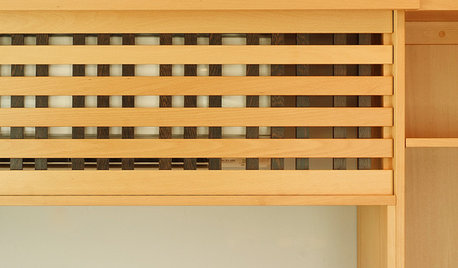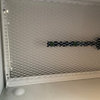AC freon leak question
homeacproblem
16 years ago
Featured Answer
Comments (26)
ryanhughes
16 years agoengineeredgarden
16 years agoRelated Professionals
Belleville Solar Energy Systems · Dover Solar Energy Systems · Downey Solar Energy Systems · Frankfort Solar Energy Systems · Herriman Solar Energy Systems · Old Saybrook Solar Energy Systems · Algonquin Home Automation & Home Media · Glenview Home Automation & Home Media · Keller Home Automation & Home Media · New York City Home Automation & Home Media · Oak Hill Home Automation & Home Media · Oak Lawn Home Automation & Home Media · San Marino Home Automation & Home Media · Robbinsdale Home Automation & Home Media · Batavia Fireplacesgaryg
16 years agozl700
16 years agoaemeeich_
16 years agozl700
16 years agoengineeredgarden
16 years agozl700
16 years agoaemeeich_
16 years agokalining
16 years agozl700
16 years agozl700
16 years agoaemeeich_
16 years agomikenew
16 years agofluffybunnysui
16 years agodavid_mcnicholas_gmail_com
15 years agojassyshadow
14 years agodtai
14 years agotm7519_hotmail_com
14 years agomartinfan7_cox_net
13 years agoeverettoverfield_yahoo_com
13 years agoartwilmeth_gmail_com
13 years agononeya26_yahoo_com
12 years agocoolairmike_yahoo_com
12 years agocamelback777
12 years ago
Related Stories

REMODELING GUIDESConsidering a Fixer-Upper? 15 Questions to Ask First
Learn about the hidden costs and treasures of older homes to avoid budget surprises and accidentally tossing valuable features
Full Story
REMODELING GUIDESSurvive Your Home Remodel: 11 Must-Ask Questions
Plan ahead to keep minor hassles from turning into major headaches during an extensive renovation
Full Story
FLOORSIs Radiant Heating or Cooling Right for You?
Questions to ask before you go for one of these temperature systems in your floors or walls (yes, walls)
Full Story
BASEMENTSDesign Workshop: Is It Time to Let Basements Become Extinct?
Costly and often unnecessary, basements may become obsolete — if they aren’t already. Here are responses to every reason to keep them around
Full Story
HOUSEKEEPINGLower Your Heating Bills With Some Simple Weather Stripping
Plug the holes in your house this winter to make sure cold air stays where it belongs: outside
Full Story
MOVINGHome-Buying Checklist: 20 Things to Consider Beyond the Inspection
Quality of life is just as important as construction quality. Learn what to look for at open houses to ensure comfort in your new home
Full Story
GREEN BUILDINGGoing Solar at Home: Solar Panel Basics
Save money on electricity and reduce your carbon footprint by installing photovoltaic panels. This guide will help you get started
Full Story
REMODELING GUIDESShould You Stay or Should You Go for a Remodel? 10 Points to Ponder
Consider these renovation realities to help you decide whether to budget for temporary housing
Full Story
DECORATING GUIDES10 Ways to Hide That Air Conditioner
Feeling boxed in designing around your mini-split air conditioner? Try one of these clever disguises and distractions
Full Story
GREAT HOME PROJECTSHow to Add a Skylight or Light Tube
New project for a new year: Increase daylight and maybe even your home’s energy efficiency by opening a room to the sky
Full StoryMore Discussions







cjb_2000_cox_net